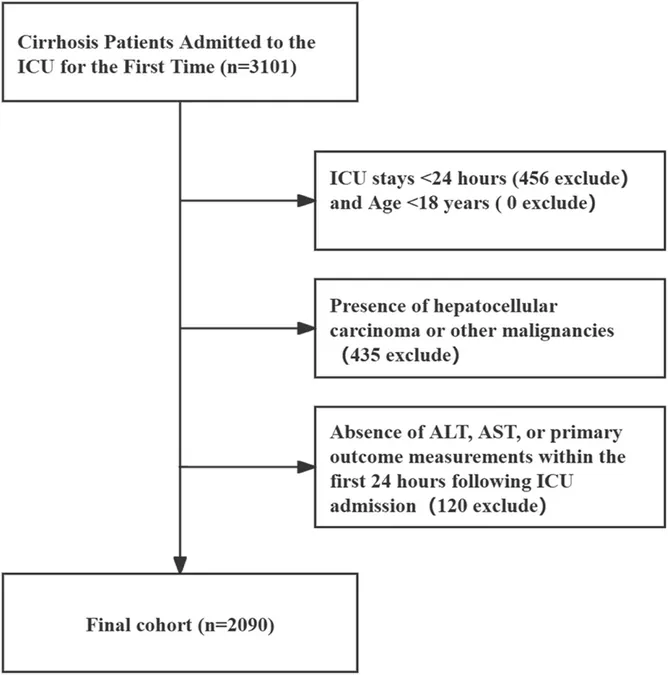
Breakthrough Study Reveals No Link Between Autism and Cognitive Decline in Older Adults!
2025-04-24
Author: Nur
A groundbreaking study from UCL researchers has shattered the misconception that autism accelerates cognitive decline as we age. Published in *The Gerontologist*, this pioneering research specifically investigates the effects of age on spatial working memory among older individuals with autistic traits compared to their neurotypical counterparts.
Spatial working memory is crucial for storing and organizing spatial information, aiding individuals in navigating their environments and arranging objects. While it’s known that aging can impact this cognitive ability, researchers aimed to determine if autistic individuals faced a heightened risk of decline.
The Findings: Reassurance for the Autistic Community
Drawing from data of 10,060 adults over 50 in the UK, the study identified that a mere 1.5% exhibited high autistic traits, aligning with general prevalence rates. Using advanced growth mixture modeling, researchers tracked changes in spatial working memory over seven years.
To the surprise of many, the results indicated that both groups—those with high autistic traits and those without—maintained their cognitive abilities over time, debunking the notion that autism contributes to increased cognitive decline.
Expert Insights: A Sigh of Relief
Professor Joshua Stott, the study's corresponding author, explained that while autism does entail specific neurological characteristics, there’s no evidence supporting a greater risk of age-related cognitive decline for autistic individuals. He emphasized that these findings could offer significant reassurance to the autistic community amid global health discussions on dementia and cognitive decline.
However, it's important to mention that previous studies hinted at higher dementia rates in older adults with autism, primarily due to limitations like low diagnostic rates among that demographic.
Understanding Aging in Autistic Individuals
According to Dr. Gavin Stewart, the senior author of the study, aging intersects with autism in complex ways that require further investigation. While older autistic adults may have unique health challenges, this study provides promising evidence that cognitive aging patterns may be similar across both autistic and neurotypical populations.
Looking Ahead: More Research Required
Future research should aim at inclusive testing across various age groups and ensure a broader representation of ethnic backgrounds to understand memory changes comprehensively. Despite some limitations, such as the study’s reliance on individuals who could navigate digital platforms, the findings offer an encouraging glimpse into the cognitive longevity of autistic individuals.
As we await further studies to replicate these encouraging results, this research stands out as a beacon of hope for both the autistic community and families, reinforcing that age doesn’t necessarily equate to cognitive decline.




 Brasil (PT)
Brasil (PT)
 Canada (EN)
Canada (EN)
 Chile (ES)
Chile (ES)
 Česko (CS)
Česko (CS)
 대한민국 (KO)
대한민국 (KO)
 España (ES)
España (ES)
 France (FR)
France (FR)
 Hong Kong (EN)
Hong Kong (EN)
 Italia (IT)
Italia (IT)
 日本 (JA)
日本 (JA)
 Magyarország (HU)
Magyarország (HU)
 Norge (NO)
Norge (NO)
 Polska (PL)
Polska (PL)
 Schweiz (DE)
Schweiz (DE)
 Singapore (EN)
Singapore (EN)
 Sverige (SV)
Sverige (SV)
 Suomi (FI)
Suomi (FI)
 Türkiye (TR)
Türkiye (TR)
 الإمارات العربية المتحدة (AR)
الإمارات العربية المتحدة (AR)